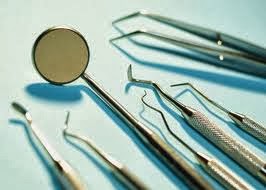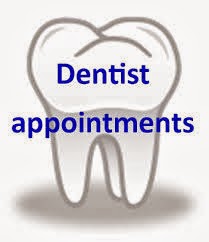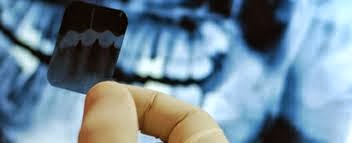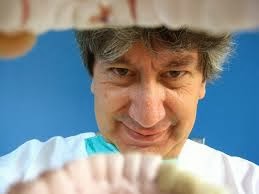Clear dental malpractice

Clear dental malpractice Most people when thinking about the dental malpractice aren't aware that there was lack dental classified. D ental malpractice care is in their own category , but just like any other person in the medical field , dentists are liable for improper treatment services . Clear dental malpractice The frequency of the number of claims in dental malpractice is pretty stable. The claims are smaller of course in the medical field . Here is a series of injuries , due to bad dental treatment that can lead to dental malpractice claim : injuries to jaw, nerves to the lips and tongue , injuries related to anesthesia and death. If a dentist for example fails to detect oral cancer and other oral diseases he is liable . A dentist must ensure that there are no prior medical condition that may require special treatment for example before giving anesthesia. Clear dental malpractice The


